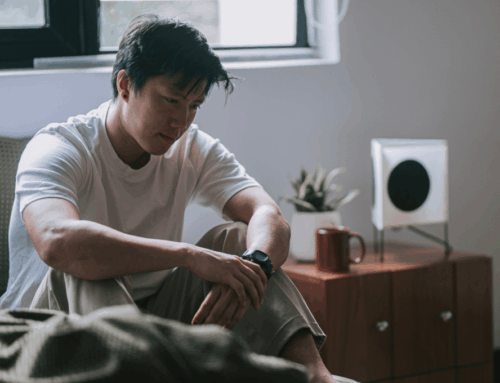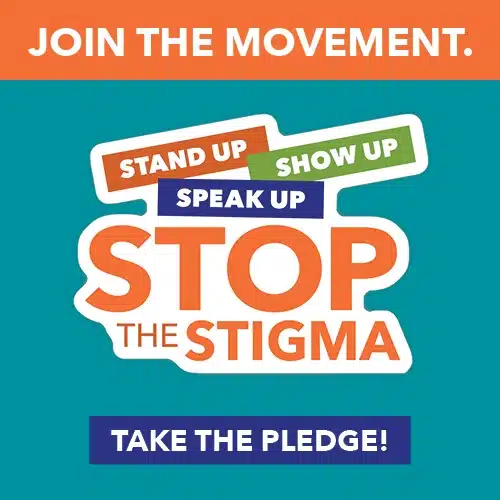October 1-7 is Mental Illness Awareness Week, a week created in the hopes of educating and increasing awareness about mental illness. Mental health issues are important to address year-round, but highlighting them during this week provides a time for people to come together to support, educate and fight against the stigma surrounding mental health.
Many people with serious mental illness are challenged doubly. Not only do they struggle with the symptoms and disabilities that result from the disease, but they are challenged by the stereotypes and prejudice that result from misconceptions about mental illness.
Millions of Americans face the reality of living with a mental illness. In fact, there are more than 200 classified forms of mental illness. Some of the more common disorders are depression, bipolar disorder, dementia, schizophrenia and anxiety disorders. Symptoms may include changes in mood, personality, personal habits and/or social withdrawal.
The National Alliance on Mental Illness reports:
- 1 in 5 people experience mental illness in a given year
- Approximately 1 in 5 youth aged 13–18 (21.4%) experiences a severe mental disorder at some point during their life
- An estimated 350 million people suffer from depression
- 9% of adults in the U.S. (16 million) had at least one major depressive episode in the past year
- Nearly 60% of adults with a mental illness didn’t receive mental health services in the previous year
Mental health conditions are common, treatable and many individuals go on to recover and lead full, productive lives. Through education, empathy and encouragement, we can stand up to stigma together so that people with mental illness can get the help they need and stand as equals in our society.
If you or someone you know may need a mental health assessment, anonymous online tools are available. For National Depression Screening Day on Oct. 5, anyone can get a free mental health screening at HelpYourselfHelpOthers.org.
You can help ensure no one has to face mental illness alone. If you or someone you know feels overwhelmed or unable to cope, we encourage you to reach out for professional help. At Oaks Integrated Care our role remains not just to provide mental health services but to bring awareness to the mental health issues that affect us all at some point in our lives. To learn more about our services, visit https://oaksintcare.org/services/ or call our Access Center 1-800-963-3377.









